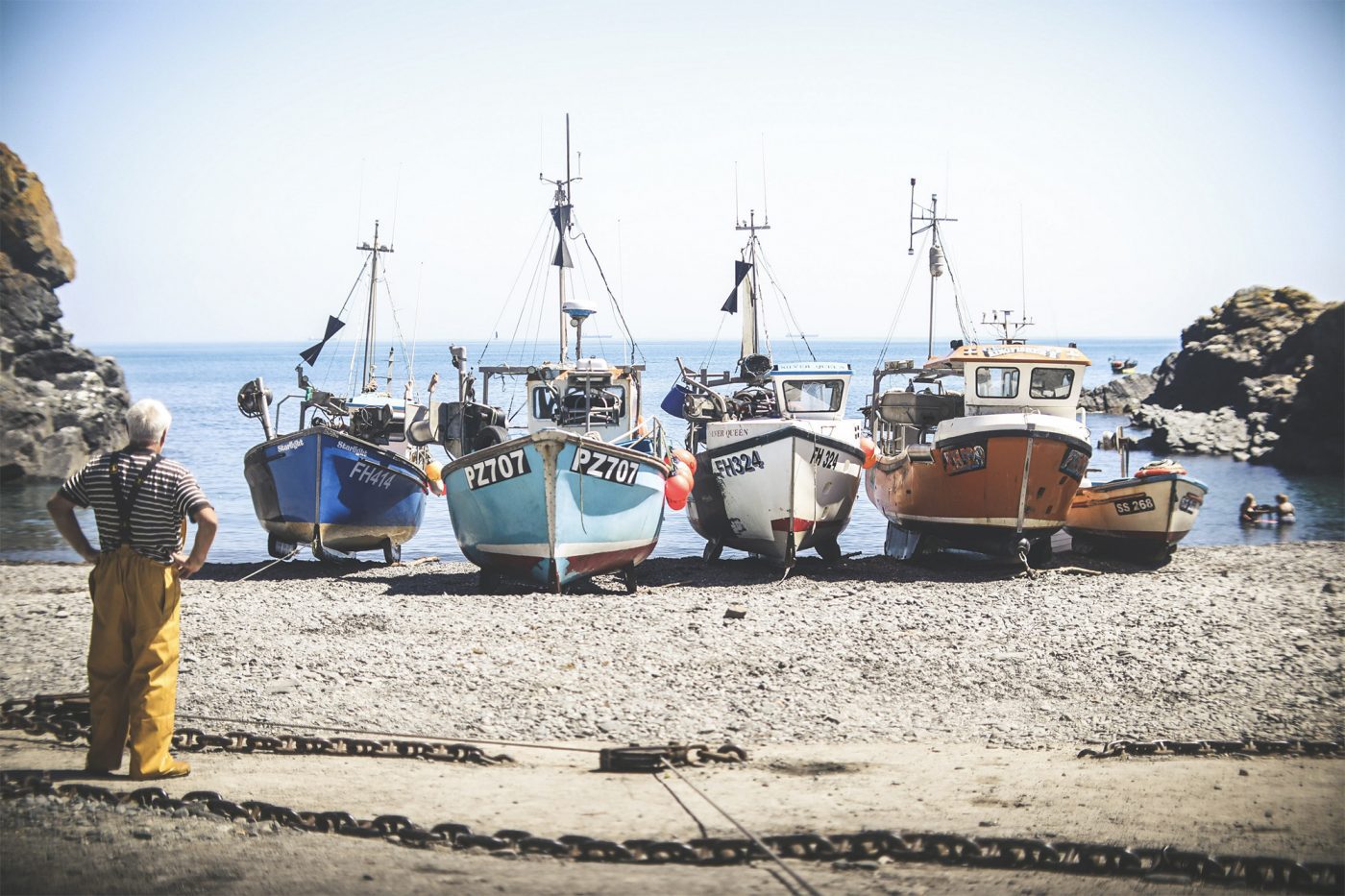11 December 2010
A major clash in Brussels over fisheries jurisdiction is looming in Brussels, which could have direct consequences for UK fisheries.
The European Parliament is flexing its muscles to assert its new co-decision powers over fisheries legislation granted under the Lisbon Treaty. On the other hand, the Commission and some member states in the Council of Ministers are doing everything in their power to cling on to areas of exclusive competence – where the Parliament would continue to have practically no say.
Until the Lisbon Treaty was signed the European Parliament had virtually no real powers. However, in an attempt to fill a democratic void, the Lisbon Treaty gives co-decision-making powers to the Parliament in all areas of fisheries legislation- except the year-end TACs and Quotas Regulation.
The clash between European institutions focuses mainly on two specific areas of policy: long term management plans and international fisheries agreements.
The Commission, until the Lisbon Treaty entered force on 1st December 2009, frequently used the TACs and Quotas Regulation, quite illegitimately in our view, to push through all kinds of measures through Council as part of a giant legislative package, without proper scrutiny. This kind of blatant manoeuvre is no longer possible since Lisbon but the Commission, and parts of the Council, have argued (contrary to the Council’s own legal advice) that long term management plans are essentially about setting catch limits and therefore do not require Parliamentary decision. The immediate showdown has come to a head with proposals for long term management plans for horse mackerel and anchovies. It is fully recognised that whatever is done for these two LTMPs will set a precedent for all other LTMPs. The Parliament, realising that the future of the CFP will largely lie in LTMPs, has drawn a line in the sand. A referral to the European Court is being discussed.
Losing patience with what it sees as the Commission/Councils’ intransigence and “ blunt violation of the Treaties”, the Parliament has also signalled that it expects in future to be closely involved as co-decision-makers in all international agreements; including the EU/Norway agreement. The Commission is desperate to keep the Parliament at arm’s length from any international negotiations.
This bitter dispute has led to deadlock and will end in the European Court unless a process of mediation is successful. At present the two sides in this naked power struggle are talking tough.
From an NFFO point of view, whilst the Commission has often been guilty of misgoverning fisheries and a bullying, dogmatic, bulldozer approach, the option of allowing non-specialist MEPs loose on detailed prescriptive fisheries legislation is not an attractive prospect either. The solution must lie with a radical decentralisation of the CFP, so that only high level strategic decisions are made at the European level and all other decisions are delegated to regional management bodies, of one form or another and to industry organisations through sustainable fishing plans. A decisive break with micromanagement is required. Whoever wins the current power struggle a move away from centralised command and control is twenty years overdue.

